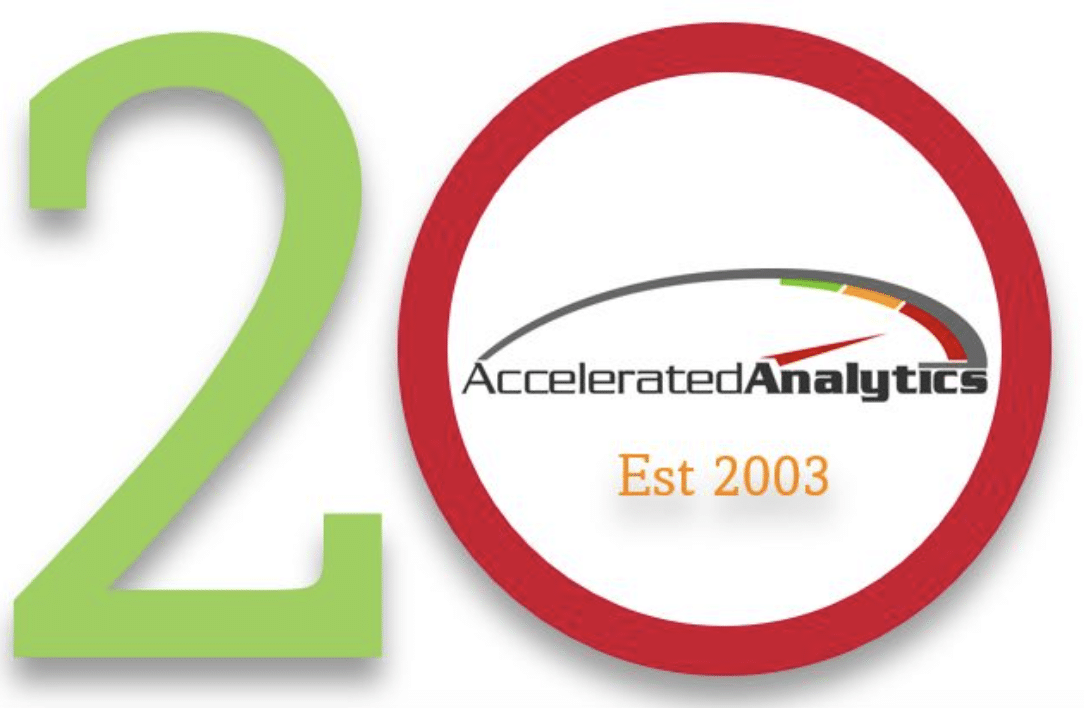While there’s a number of different types of inventory management you can focus on, today is all about retail inventory management. Retail inventory management is not “attractive” or “fun,” but you can bet your bottom dollar that it’s a key component to the success or failure of your business. We still remember when Walmart lost… Read more »
Featured Post
Aug. 17, 2023
Accelerated Analytics Sponsoring Beauty Design Awards
Accelerated Analytics is very pleased to be sponsoring the Beauty Design Awards. The Beauty Design Awards celebrates the best of design in the Beauty Industry. 2023 is the fourth year of running the award. The award is founded and lead by beauty industry market research specialist Jennifer Carlsson. Accelerated Analytics’ customers Bubble and Youthforia were... Read more »
